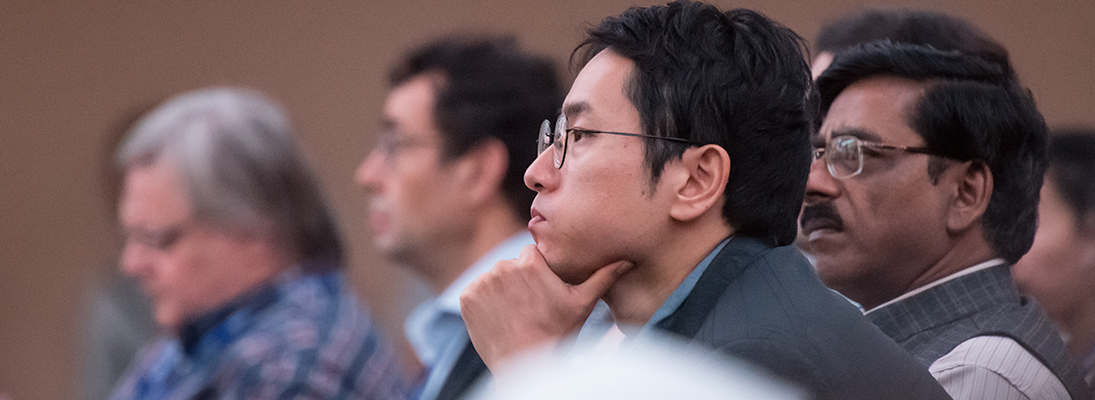
The Technical Conference
FiO LS unites Optica and American Physical Society (APS) communities for quality, cutting-edge presentations, fascinating invited speakers and a variety of special events.
The Program
The conference chairs and subcommittees carefully curate a technical program that addresses the breadth and depth of the optics and photonics community. The meeting's structure is influenced by Optica technical divisions such as fabrication, design and instrumentation; optics in biology, medicine, vision and color; and information acquisition, processing and display. In addition, each year the APS Division of Laser Science selects key topics to address. The conference topics and themes are meant to be inclusive to ensure that all scientists will find a place for their work at the meeting.
